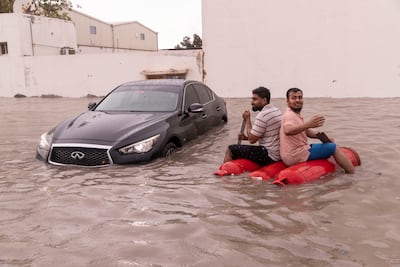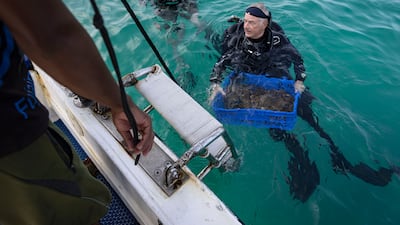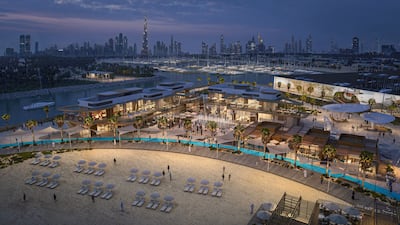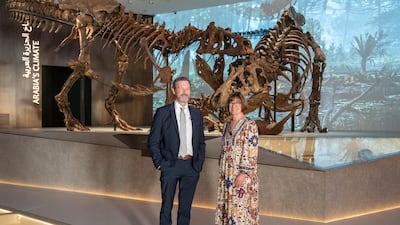The UAE has just marked National Environment Day, and in comments made to coincide with the occasion, President Sheikh Mohamed stated that the country was committed to contributing to “a greener and healthier world”.
As this article highlights, plenty of concrete actions are being taken to back up these comments about the importance of looking after the planet.
Among them is the Hamdan bin Zayed: The World’s Richest Seas initiative, which was launched with the aim of increasing the density of fish stocks.
The Coral Rehabilitation Project, which aims to increase to four million the number of cultivated colonies, and the Abu Dhabi Mangrove Initiative are other important programmes.
While there are often tensions between achieving rapid economic growth and preserving the natural environment, these schemes demonstrate that the UAE is not ignoring conservation as it continues its rapid development.
Some development projects may offer the chance for individuals to reduce their environmental footprint, with a prime example being the new Etihad Rail scheme.
John Dennehy from The National was lucky enough to get a preview of what its state-of-the-art passenger services will be like and his article from last month is well worth revisiting.
In this piece, Nick March, an assistant-editor-in-chief, offers a fascinating perspective on what these new train services mean for the nation.
Excitement is certainly building for this project, which will offer a comfortable and lower-carbon alternative to travelling by road when exploring the country.
UAE floods highlight new ways to forecast extreme weather
The devastating flooding that hit the UAE in April 2024 was the kind of event that meteorologists say is becoming more common as a result of climate change.
As has been widely reported, Al Ain received as much rainfall in just a day as it would typically expect to receive in two years.
Now, as detailed in this article, researchers at the UK’s Met Office have used the floods to test out a computer model to forecast extreme weather events.
They found that the events in the UAE fitted their model well – raising hopes that it could be applied more widely so that more notice can be given when extreme weather is on the way.
Decarbonising transport is about more than just going electric
Road transport makes a significant contribution to climate change, accounting for around 15 per cent of global carbon emissions.
As a result, moving away from petrol and diesel engines to more climate-friendly alternatives is seen by many as key if the world is to reach net zero.
In some markets, electric vehicles are already making huge inroads. For example, they accounted for 95.9 per cent of new vehicle registrations in Norway last year. In December the figure was a whopping 97.8 per cent.
But, in this comprehensive article, Alvin R Cabral shows that electric cars are not the only alternatives to vehicles with an internal combustion engine that runs on petrol or diesel. As one expert says, “a portfolio of solutions” is emerging, including biodiesel.
The big fact
Transport is responsible for about 21 per cent of global carbon emissions, according to Our World in Data, with road transport making up around three-quarters of this. Carbon dioxide accounts for about 99 per cent of road transport greenhouse gas emissions, UK government figures indicate.
Jargon buster
Biodiesel: This is an alternative to traditional fossil fuel diesel and it can be made from the likes of vegetable oil, waste cooking oil and animal oils or fats. Biodiesel is a biofuel, another main type of which is bioethanol, which is produced from fermenting sugars from, for example, maize (corn), sugarcane and sugar beet.
Get the latest climate news here.
Read more
The National produces a variety of newsletters across an array of subjects. To get the best of our coverage straight to your inbox, sign up to them here.





